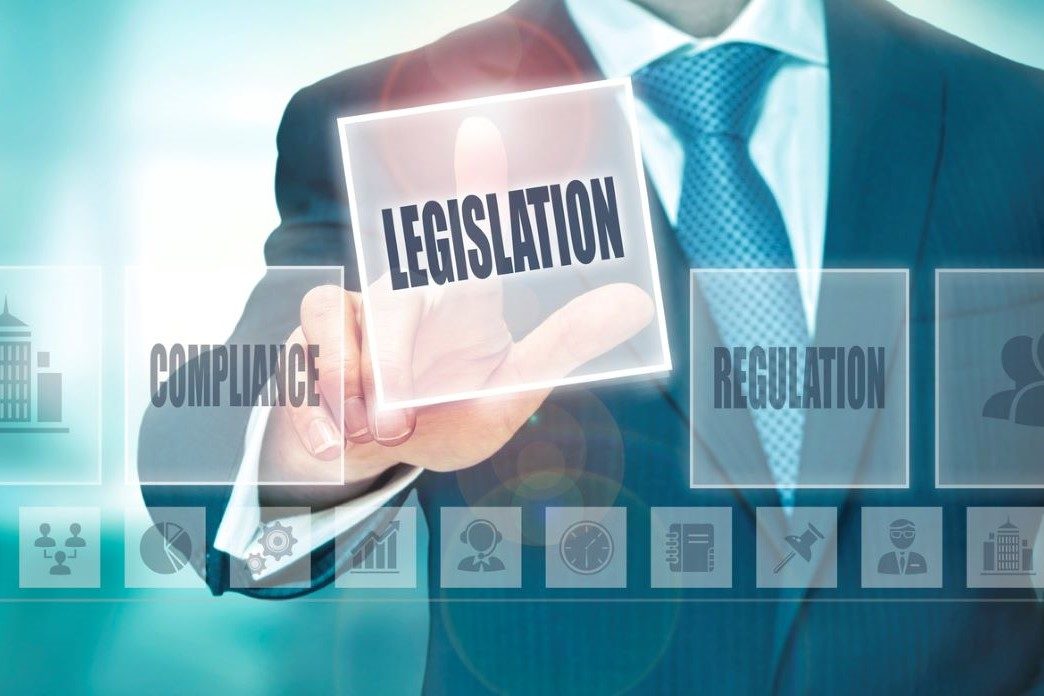
Visit Our Sponsors |
|
|
|
|
|
|
|
|
|
|
|
|
|
|
|
|
|
|
|
|
|
|
|
|
|
|
|
|
|
|
|
|
|
|
|
|
|
|
|
|

 Analyst Insight: In January 2023, the German Supply Chain Due Diligence Act went into effect, and many companies that do business in the country need to adapt.
Analyst Insight: In January 2023, the German Supply Chain Due Diligence Act went into effect, and many companies that do business in the country need to adapt.
The German Supply Chain Due Diligence Act (abbreviated to LkSG from its German name) is not unlike similar regulations established around the world to minimize companies’ environmental impact and human rights violations. In this case, however, it’s focused on minimizing those risks within global supply chains. It does so by defining the level of due diligence that businesses need to achieve in order to be in compliance.
It’s not simply German companies that must comply with the act. The LkSG lays out criteria on who’s affected by the requirements — and they amount to most companies with significant business dealings in the country.
Following are the major due-diligence requirements set forth by the LkSG:
Create a comprehensive policy statement. It’s not enough to pay lip service to the LkSG; a policy must be established and adopted by senior management and then disseminated throughout employees and the supply chain.
Put in place a risk management system. Companies should expand risk management procedures to include monitoring, preventing and minimizing both human rights and environmental risks. They should also assign responsibilities for implementation and monitoring within the system to specific individuals.
Regularly perform risk analyses. Potential environmental or human rights risks must be routinely and comprehensively assessed for both a company and its suppliers. These risks must be evaluated, rated and prioritized in order to develop proper risk-control measures.
Put preventive measures in place. Concrete measures must be demonstrated. These could include making related risk assessments part of the onboarding process for new suppliers, as well as training those suppliers and company employees to fulfill their risk obligations.
If a violation occurs, respond quickly. There’s no allowance for delay made in the LkSG. If a violation happens, companies need to show that they acted immediately. This can include making a clear action plan and timetable, and either ceasing a contract with a supplier in violation, or pausing or changing the contract while the supplier tries to fix the issue.
Report your actions and document everything. The LkSG requires annual reports on fulfillment initiatives, including the impacts observed, their effectiveness and assessments of the progress made through these efforts. The reports, as well as all documents pertaining to efforts to reduce human rights or environmental risks, must be retained for seven years.
Make sure that a complaints procedure is in place. An independent procedure — one that makes sure whistleblowers are kept safe and confidential to reduce the risk of retribution — must be in place for anyone to report violations of the LkSG.
How, then, do you tell if your company is subject to these regulations? Any business that checks one of the following boxes must follow the LkSG’s due diligence requirements, regardless of their industry:
Any company that falls into one of the above criteria but fails to meet the requirements could find itself slapped with significant fines by regulatory bodies. On the low end, it could be about €100,000, but the fine could stretch as high as 2% of company turnover.
As with any other risk that can threaten a company, it helps to stick to the risk-management fundamentals when addressing the requirements of the law. Supplier-management systems can help streamline the process of becoming LkSG-compliant, helping both to identify the risks inherent in certain suppliers and to take steps when a risk is identified.
Companies looking to prepare for the LkSG must augment their due-diligence programs and third-party risk management systems to include processes and procedures to identify, prevent, mitigate and account for potential human rights violations and environmental risks. This might be different from their normal due diligence checks and balances, including the addition of assessing supplier compliance with applicable human rights and environmental standards, engaging in dialogue with suppliers, and ensuring traceability of their supply chains.
Such systems create a crucial audit trail, and can shorten the amount of time it takes to get suppliers on board with any changes that need to be made. If the monitoring is done on an ongoing basis, with regular audits and supplier assessments, compliance with the LkSG will soon become table stakes for a supply chain, and the knowledge that these various risks are lessened as a result can help a company move forward confidently into the future.
RELATED CONTENT
RELATED VIDEOS
Timely, incisive articles delivered directly to your inbox.



.jpg?height=100&t=1715228265&width=150)


